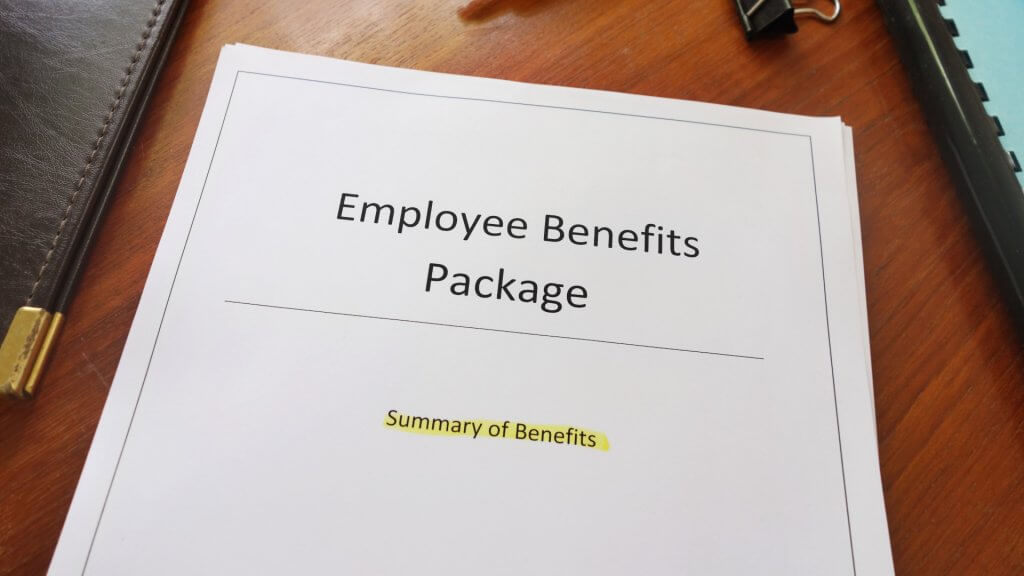
How to Effectively Address Time Wasters on Your Team
By Karen Meager and John McLachlan, co-founders of Monkey Puzzle Training.
We are all guilty at some point or other of falling into wasting time at work, and often, we don’t see ourselves doing it. Time wasting behaviour is rooted in habit, and this is what tends to stop us from recognising it as time wasting, and therefore from changing these habits. After all, if we’ve already gotten this far doing it this particular way, how bad can it be? But do we ever stop to consider exactly how much detriment this working style causes, and the exponential improvement we could bring to our performances in the workplace by adjusting it?
Although time wasting behaviours are diverse and come in all shapes and sizes, there are a few key root causes of these behaviours that seem to occur again and again. Here are some of them, and how they can be countered in a healthy way in the workplace.
Having too many open loops at one time
The concept of open loops will be familiar to most people, as it is the human equivalent of open browser tabs on a computer. We all know that just a handful of open tabs is optimal, as any more than that starts to divide attention in an unproductive way, slow processing times and risks overloading the system and causing a crash. These same principles apply to human working behaviours, and in many cases, it is easy to forget that we have so many loops still open. Open loops can range from a creative idea you still haven’t put to work or even a letter you still haven’t sent. But however many extra loops we have open, and whatever they concern, they cut into our ability to think straight and deliver our best performance in the workplace. So we need to work on closing the loops in an efficient way.
Once you recognise that you have too many open loops, take a moment to look calmly at them. If it helps you, write them down so you can examine them in an equal way, and decide that you will take action now. Go through the loops and consider what is using the most ‘battery power’ and causing the most slowdown. Then come up with a solution to each loop: run that errand, and put that idea into practice. If your dealing with loops requires you to prioritise them and give some your attention before you give it to others, then do that, but make sure you keep working through the loops and don’t lose momentum. If you have a great deal to work through, draw up a schedule that will make sure you
stay on track with closing your loops.
Believing ‘perfect’ exists
Perfectionism is the biggest enemy of success: absolutely nothing is perfect, and it never will be – no job, person, life, or piece of work can ever achieve perfection, and the pursuit of perfection proves to be the demise of many a hard worker. Perfectionism is often looked at as a positive trait, but it tends to cause a great deal of time wasting. There is a solution, though: high standards are quite different to perfectionism, and unlike perfection, high standards can be achieved, and therefore make a much healthier goal in the short- and long-term. Chasing unrealistic goals ultimately leads to continual disappointment, which is not conducive to productivity.
Working to help perfectionists is not an easy thing to do – it is nowhere near as easy as assuring them that they are doing ‘well enough’. It is important to understand the gravity of their fixation on perfection. It is absolutely real to them, and the driving force of their life, so do not joke about or make light of the situation. Try to avoid getting frustrated with them, because their attachment to their own idea of perfection is the central fixture of the way they work, and it is absolutely essential to them.
When trying to help a perfectionist break these damaging habits, start small and work them into bigger things. Begin with small and inconsequential tasks that will not have any devastating effect on them or others if it does not go the way they plan – ask them to arrange a team lunch or to reformat an internal document that won’t ever be seen in a formal setting and subject to scrutiny. The process of helping a perfectionist is likely to be a long and difficult one, as they need time to recalibrate their expectations of themselves and the ways in which they perceive the expectations of others. Perfectionists naturally value their professional integrity and work ethic, and so it is important to work with them at their own pace to prevent them feeling that these qualities are being undermined by those whose opinions they value the most. Treating perfectionists with patience and compassion is a worthy investment in any company, that will come back around and bring benefit to everyone throughout the business.
About Karen and John; Karen Meager and John McLachlan are the co-founders of Monkey Puzzle Training (www.monkeypuzzletraining.co.uk) and co-authors of Time Mastery: Banish Time Management Forever (£12.99, Panoma Press); a number one best-selling book.
Karen and John take the latest scientific and academic thinking and make it useable in everyday life. Both have successful business backgrounds for over 20 years, are clinically qualified in psychotherapy and hypnotherapy and two of only a handful of NLP Master Trainers in the UK.
Karen and John have a unique gift in helping people both in their business and personal lives to move beyond Time Management to become ‘Time Masters’, allowing them to develop an approach to time that is efficient and fits in with their unique personality. Too often, people are controlled by other people’s priorities so Karen and John help people to take back that control, by understanding how their own preferences, style and interests impact their use of time.
 Business News19th November 2024New Carbon Calculator Tool Launches to Simplify Journey to Net Zero for Greater Manchester SMEs
Business News19th November 2024New Carbon Calculator Tool Launches to Simplify Journey to Net Zero for Greater Manchester SMEsGreater Manchester businesses that need to measure and understand their carbon footprint can now access a free new tool designed to accurately measure their energy use and discover their biggest carbon impacts.
 Business News12th August 2020Almost a Quarter of UK Employees Desire Income Protection Post-COVID-19
Business News12th August 2020Almost a Quarter of UK Employees Desire Income Protection Post-COVID-19The COVID-19 global pandemic has left many employees with a low morale after being furloughed, made to work from home and consequently stripped of some of the benefits their employers previously offered in the workplace. Here we discuss how UK employees feel a
Every quarter we offer a new issue of SME News which is published on our website, shared to our social media following and circulated to our opt-in subscribers from various sectors across the UK SME marketplace.
Expand your reach.
Grow your enterprise.
Secure new clients.






